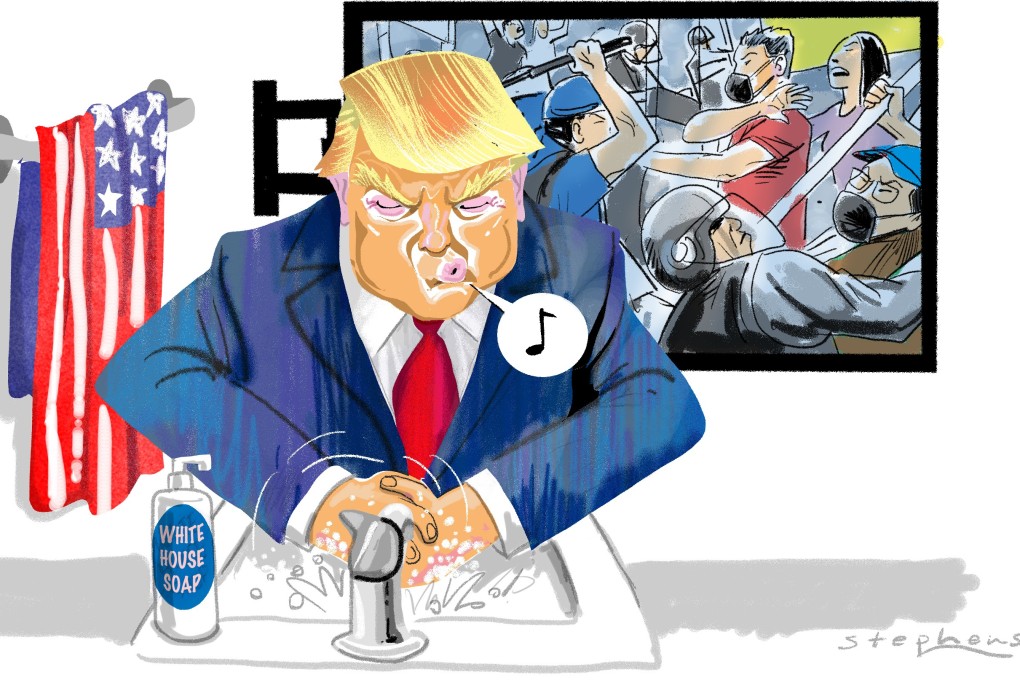Advertisement
Opinion | The US has a role to play in the escalating Hong Kong crisis – as a moderating force
- Washington is not the ‘black hand’ Beijing believes it to be. But neither should it wash its hands of the crisis, as Trump has apparently done
- However limited its role, the US should be urging restraint on all sides and highlighting the credible repercussions beyond Hong Kong of any crackdown
3-MIN READ3-MIN

In the past six weeks, I have been in mainland China, Hong Kong (three times), and Washington. From these trips and recent developments, I have concluded that Hong Kong is a huge tragedy in the making. Proactive and positive moves by all parties to this rapidly deteriorating situation are required.
Though Washington is not a principal party in these developments, it should be a constructive force rather than irrelevant or counterproductive.
The elements of the current crisis are many. In Hong Kong, there is a leaderless movement on the ground. There are rising levels of political and socio-economic frustration among many Hong Kong citizens stemming from mobility and economic considerations, as well as perceptions of political retrogression in the special administrative region.
Advertisement
There is a tone-deaf, neutered local leadership that is prideful and unwilling to admit that it made a huge strategic misstep pushing forward with an ill-conceived extradition bill. And there are local tycoons who curry favour with Beijing rather than protecting the rule of law that is in their own long-term interests.
Protesters need to restore their own discipline and the municipal government and its supporting business leaders need to show courage in standing up for Hong Kong’s long-term interests.
Advertisement
Advertisement
Select Voice
Select Speed
1.00x
